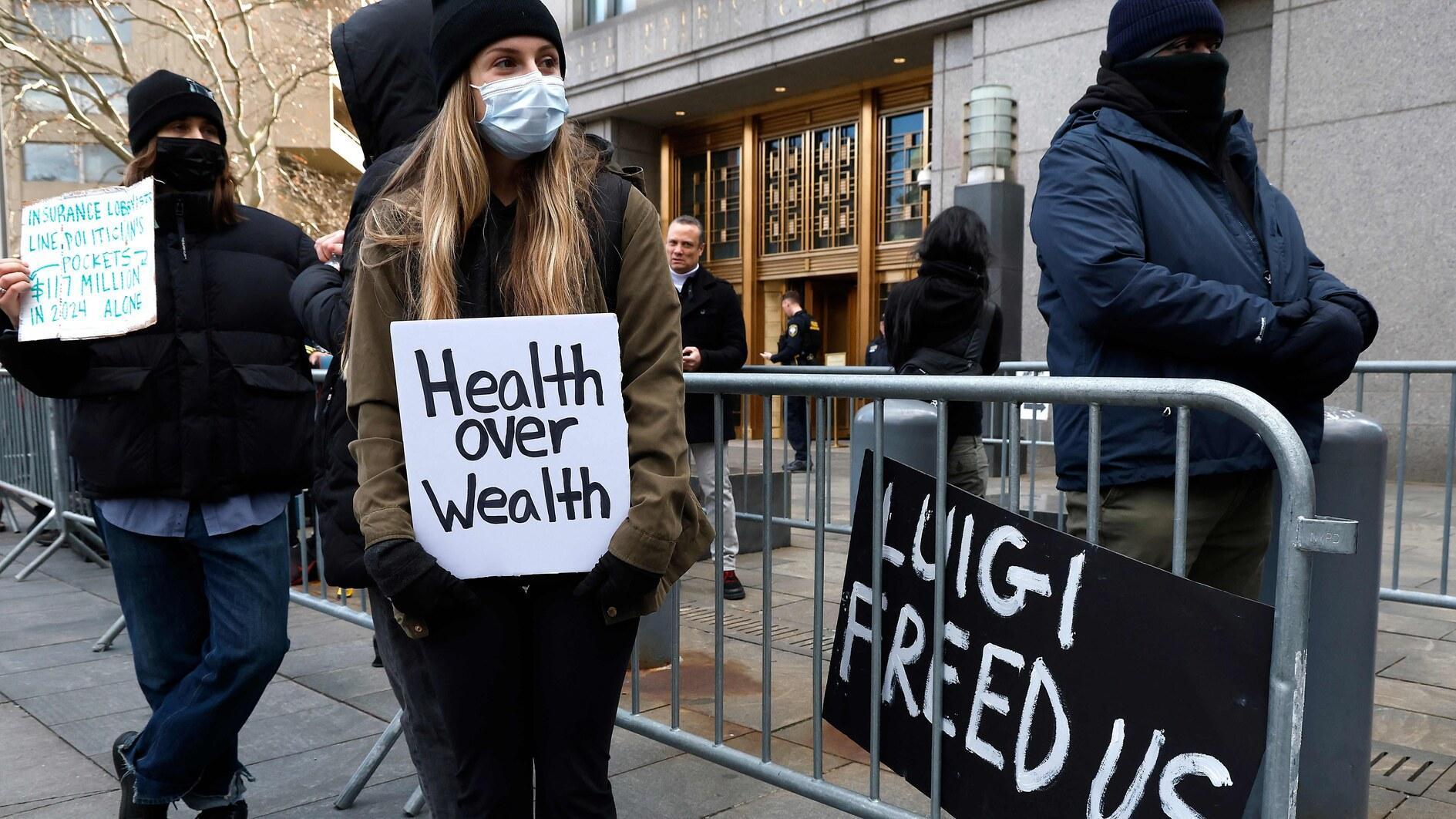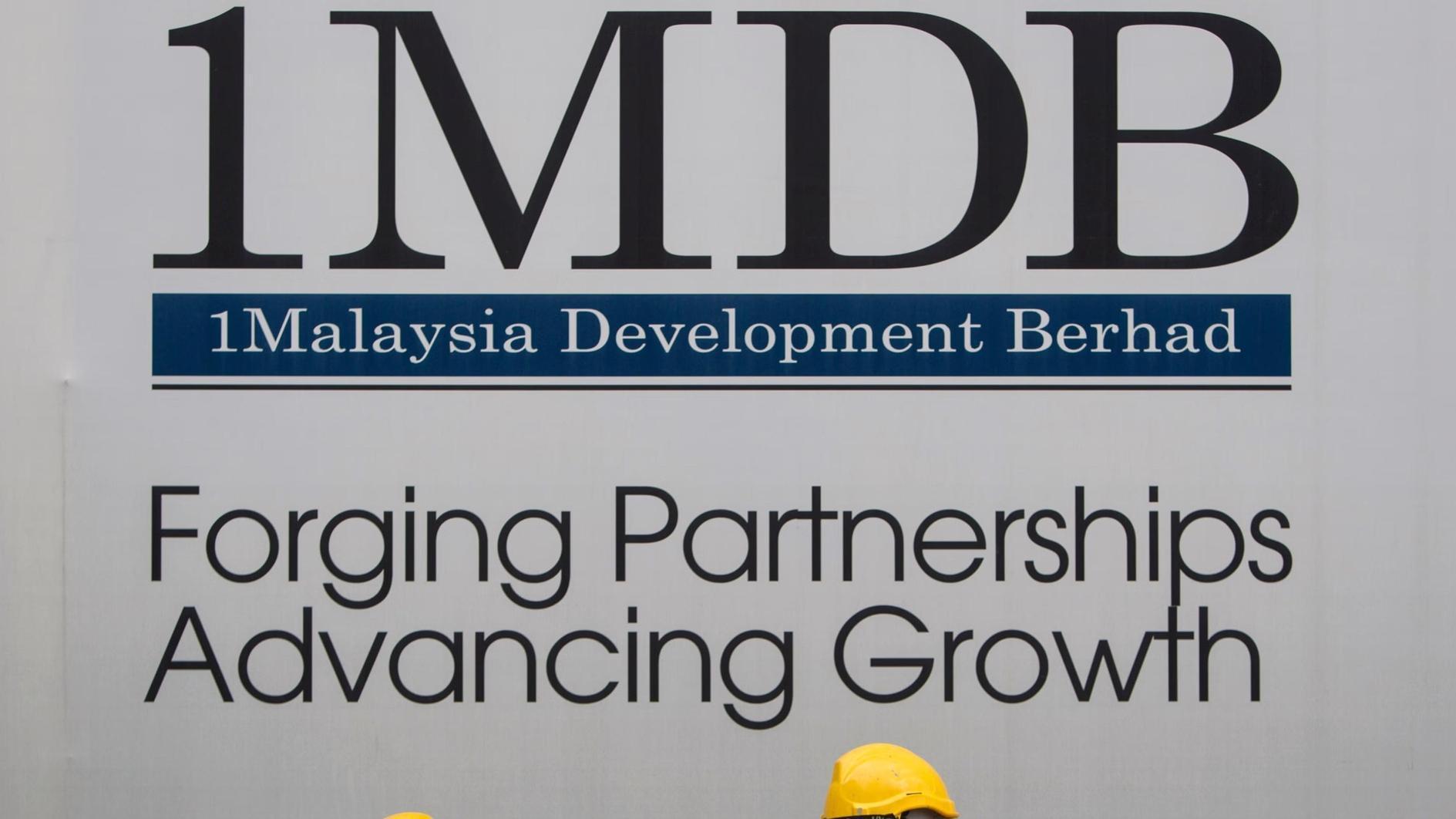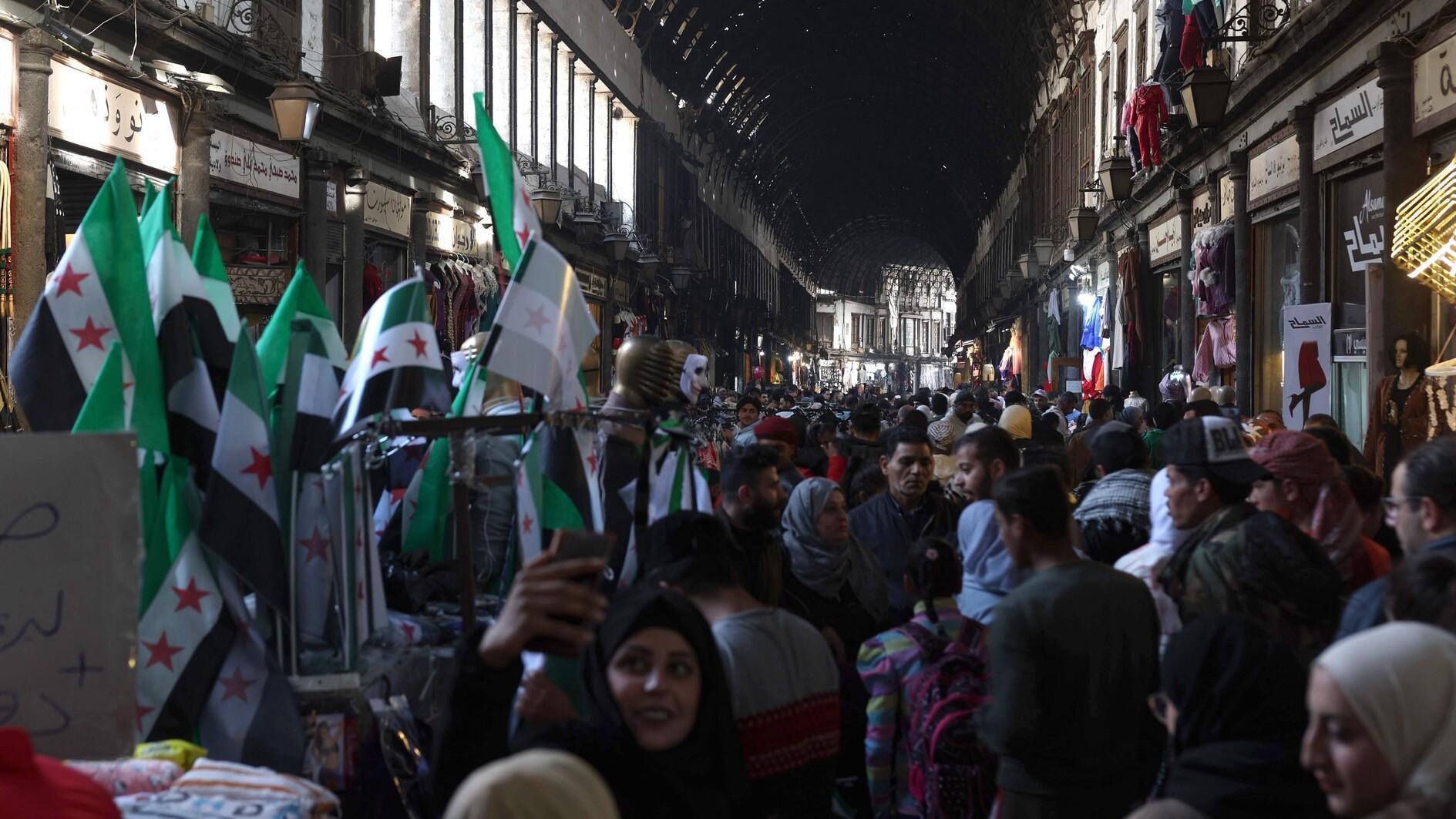Where will Erdoğan’s pogrom lead?
There is a pogrom of sorts going on in Turkey currently. It reminds one of “The Night of the Long Knives.” It is not such a bloody affair of course, but the aim seems to be the same; namely, to weed out the “rival,” rather than the “enemy” within, although for Prime Minister Recep Tayyip Erdoğan this one-time “ally,” who later became a “rival,” is now a bitter “enemy.”
Erdoğan is on the warpath against Fethullah Gülen and members his Islamist movement, who he says have established a “parallel state within the state.” Secularists have been claiming this for years of course, a claim that Erdoğan rejected in the past. But today he accuses members of the movement of organizing what he refers to as the “Dec. 17 coup attempt.”
That was the day prosecutors unleashed a massive corruption investigation that has shaken his government. Erdoğan sees it as a plot against his government on the eve of crucial local elections. The tripwire starting the current war is the “prep school” issue, which has been covered well by the Hürriyet Daily News.
The public now knows that 350 policemen in Ankara were shifted in one night to other positions. Many were moved from organized crime units to trafficking police. This process actually started shortly after Dec. 17, when a large number of senior police officers were moved away from their jobs.
The same applies to the judiciary, which government sources claim is rife with Gülenists. There are signs that the weeding operation will spread to the finance and education ministries too. Many wonder how the government has managed to find the time, since Dec. 17, to establish whose sympathies lay with whom, given the tens of thousands of people in the state apparatus.
Either Erdoğan had his own secret team of spies keeping tabs on people, or this is just a case of “You kill them all; Allah will separate the good from the bad.” Work is also under way to tamper with the judicial system to ensure it cannot create trouble for the government in the future. This is nothing but a sign of panic.
Thankfully, Turkey is not quite a banana republic yet. Some highly questionable legal steps that the government took after the corruption scandal broke have already been annulled by the higher legal authority. These included a decree that would have forced detectives to inform their superiors of all their investigations (by law they only have to inform prosecutors). It also included a decree banning journalists from entering police headquarters.
So it is clear that Erdoğan will not have it all his own way, especially now that Turks have the right to personally petition the Constitutional Court, and if that fails, apply to the European Court of Human Rights. What is clear, however, is that the government has created a new enemy for itself among people who may or may not be related to the Gülen Movement, and who will clearly not take all this in their stride.
It is not clear how far this “battle royale” between Islamists will go and what effect it will have on the Justice and Development Party’s (AKP) political prospects. The damage to the economy, on the other hand, is already apparent.
The Gülen movement is massive and has support across the country. It does not look like it is prepared to let the matter rest without a fight. Prominent columnists belonging to the movement are already warning about very tough times ahead for the country.
One cannot help wonder if it would not have been politically wiser for Erdoğan to accept the corruption allegations and let the judiciary and police do their work. He would also have gained respect for this.
The way he has been behaving, however, has given the public the distinct impression that he has something to hide. But surely he is aware that this is Turkey, where everything becomes public eventually, one way or another, no matter how much you try to suppress the truth. We may have the worst reputation in the world for freedom of the press, but oddly enough this is still an open society.











